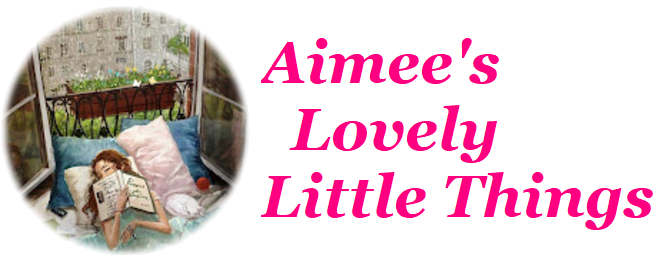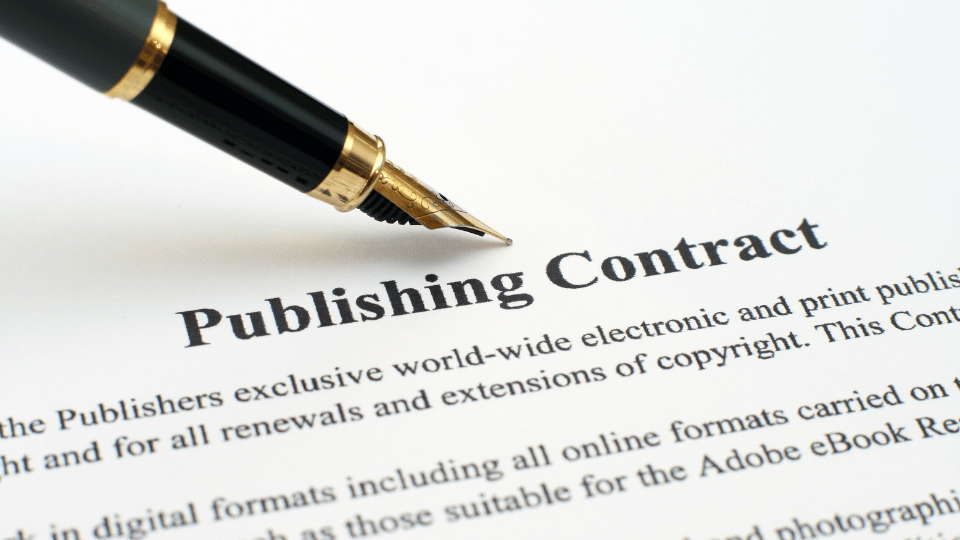In late 2018, I published my first (serious) academic book with Cambridge University Press. It has remained one of my proudest accomplishments. In my world, the most valuable things are those that cannot be acquired with money. I need to emphasize that I lacked the vital connections that many said are necessary to get one’s foot in the door, and virtually nobody guided me through the entire process. I would like to think that it was because of the wise decisions I made. Here is a summary of my experience and insights:
Inquiries to potential publishers
I compiled a list of potential publishers for my book manuscript, which consisted of both university presses (mainly the Oxbridge university presses and other major American university presses) and commercial publishers (including Routledge, Brill, and Hart (an emerging publisher of law books)). I crafted my inquiry email, which contained a description of my project and my academic credentials (e.g. previous publications), with care to ensure that it was short, precise, and polite. I sent it out to several major players first to “test the waters.” After getting some initial replies, I decided whether to amend the email before sending it out to other publishers on the list.
Rejection came in even at this stage: a great number of publishers promptly replied to me that they could not take on my project. Only three or four indicated some varying degrees of interest, and it was to these interested publishers that I planned to send a detailed proposal.
My experience in pitching my projects to publishers had been very different from what people had in college applications. People who got into Harvard, for example, would expect at least a bunch of offers from colleges that are equally good or less good. A positive reply from the most prestigious publisher had no bearing on how many offers one might get from other publishers. One might get a very keen reply from the most prestigious publisher and rejections from all others: it’s a matter of fit.
At this early stage, some suggested that getting a high-profile and well-connected scholar who has published with the same publisher to recommend the prospective author to the responsible editor would ensure that the proposal or inquiry get a serious look. I am not sure whether and how much it would help—I guess it wouldn’t hurt. I did not get this kind of help at all: although I had some very supportive mentors, neither of them published monographs with university presses.
I did not contact any commercial publishers for my first book, although I had a few in mind. I was told that university presses are more prestigious and their more rigorous review processes can ensure that the works published are of higher quality in general. If I had been rejected by all university presses, I would have emailed commercial presses. Since I received a positive reply from one press and lukewarm replies from two other presses, I did not contact any of the commercial presses on my list.
Why promising projects get rejected
My experience of getting rejected at such an early stage indicated to me that sometimes it is a matter of fit: some publishers simply do not specialize in the indicated area of research. At other times, publishers might have some interest in the topic, but the proposed project is simply too restricted in scope—a few told me expressly that the topic and scope of my first book were too narrow. Come to think of it, an excellent book that focuses on a small country, for example, is not likely to sell many copies. Whether or not to publish a book is, after all, a business as much as an academic decision. This poses a problem for people who want to convert their PhD dissertations into books, given that dissertations do tend to have rather narrow focuses. Hence, to increase their chances they may need to work on broadening the scope of their projects (i.e. adding more chapters to their original theses) to make them sound more valuable and interesting to a broad readership and successfully pitch them to publishers of their choices.
Peer review “nightmare”: how to respond to criticisms
I ended up sending my lengthy 10-page proposal only to my favorite publisher. I had a meltdown when the reviews of my lengthy proposal came back. The editor initially sent it out to two reviewers. One review was very good; the other recommended rejection for intellectually-shaky reasons (saying that one must not apply Western concepts of free speech to a non-Western jurisdiction like Hong Kong—this, in my opinion, is racist because it presumes that non-western people do not enjoy universal human rights.) The editor had so much faith in my work that he sent it out to the third one, which seemed to like it but recommended changes. The editor said he and his editorial board would likely take it if I could defend my method and arguments persuasively and respond constructively to the criticisms. I spent the next 10 days working on a detailed letter in response to every single criticism (e.g. explaining why a universal human rights framework applies to all people as they are inherent in each human). Within a month, my proposal—and the whole work—got accepted. From then on, the publishing process was smooth sailing.
For my second book, only three university publishers expressed strong interests. I went for my favorite, which is an American press. There was no meltdown when I received reviews of my detailed proposal: both reviewers were keenly interested. As expected, I had to write a letter in response to their suggestions and criticisms. After that, I received an advance contract. I was told that an advanced contract means a lot—it shows that the editor is keenly invested in my project as she needs to pay reviewers to review the entire book manuscript. I spent the following months writing the whole manuscript. As things turned out, there was indeed a second/final round of review based on the entire draft manuscript. This process, which took the entire summer, finished almost two months ago. Fortunately, the reviews were more positive than the initial ones. I had to explain how I would address their relatively minor suggestions.
I was told that the processes at commercial publishers are often simpler and the decision to publish can be based on a few chapters, or even 1/3 of the book, depending on the editors/authors’ reputation in the field. However, as I see it, the vigorous and lengthy review processes at university presses indeed help to produce better books.
What presses to avoid
In theory, a good book is a good book even if it is published on toilet paper. It is always the substance that counts. Some people say traditional presses impose many restrictions and the books they publish tend to be more conservative in content and approach. There is some truth in it. I would publish with commercial presses if I need to get my works out on a short timeline. If I believe my work is great but for whatever reason no other publisher would take it, I might even consider publishing with a little-known or unknown publisher.
Nonetheless, I do believe there are commercial presses that we should avoid. Some publishers know that many academics are desperate to get their works in print and so they charge scholars subventions of a couple thousand dollars (EURO or USD) for every book published, claiming that printing the books and publicizing them cost much money—so beware of those who ask you for money upfront. Not all academics were asked to pay. I know some very senior scholars did not get charged by the very same publishers. Others did not mind paying because they could apply for publication grants from their institutions. Some poor junior scholars had no options and went for this route. The worst thing is that these publishers sell their books at high prices to libraries (over 100 euros), while offering very little, or nothing, to the authors in terms of copyediting and formatting, meaning that many of their work products are subpar. One cannot help but find them predatory.
Royalties
For my first book, the publisher offered me a 7% royalty rate. In other words, I received 7% of the purchase price of every hard and e-copy sold. Because the hardback copies of my book were priced at > 80 euros and a few hundred were sold to libraries, I received far more money than I was told by some colleagues—which I used to purchase a brand-new Yamaha digital piano. However, I would have accepted a much lower offer as the mere fact of having it published was gratifying enough. I doubt that many academics would bother to negotiate with publishers.

